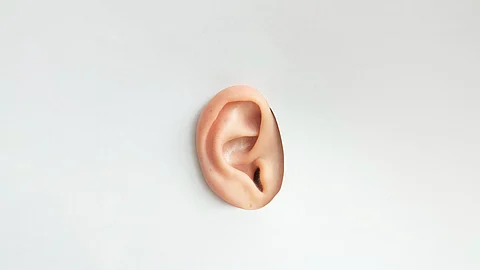Cleaning one's ears using methods like ear candling or self-ear suction is not recommended by medical experts and reputable websites like WebMD. Patients in India may be cost-conscious and hesitant to pay for ear cleaning procedures by a doctor.
Uneducated patients may resort to risky and unprofessional methods like having roadside ear cleaners use sharp objects, which can lead to damage.
Various devices are available for at-home ear cleaning, including rotary wax brushes and self-suction kits. These methods are considered blind procedures and inherently carry risks. The ear and nose cavities are deep and dark, making it challenging to perform safe and effective cleaning without proper medical equipment and expertise.
Even if some wax is removed using these methods, it's difficult to ensure that all of it has been cleared. Using these methods without professional assessment can result in undetected damage or infections. Ear candling and similar practices lack scientific evidence and are generally considered unsafe and non-recommended worldwide.


